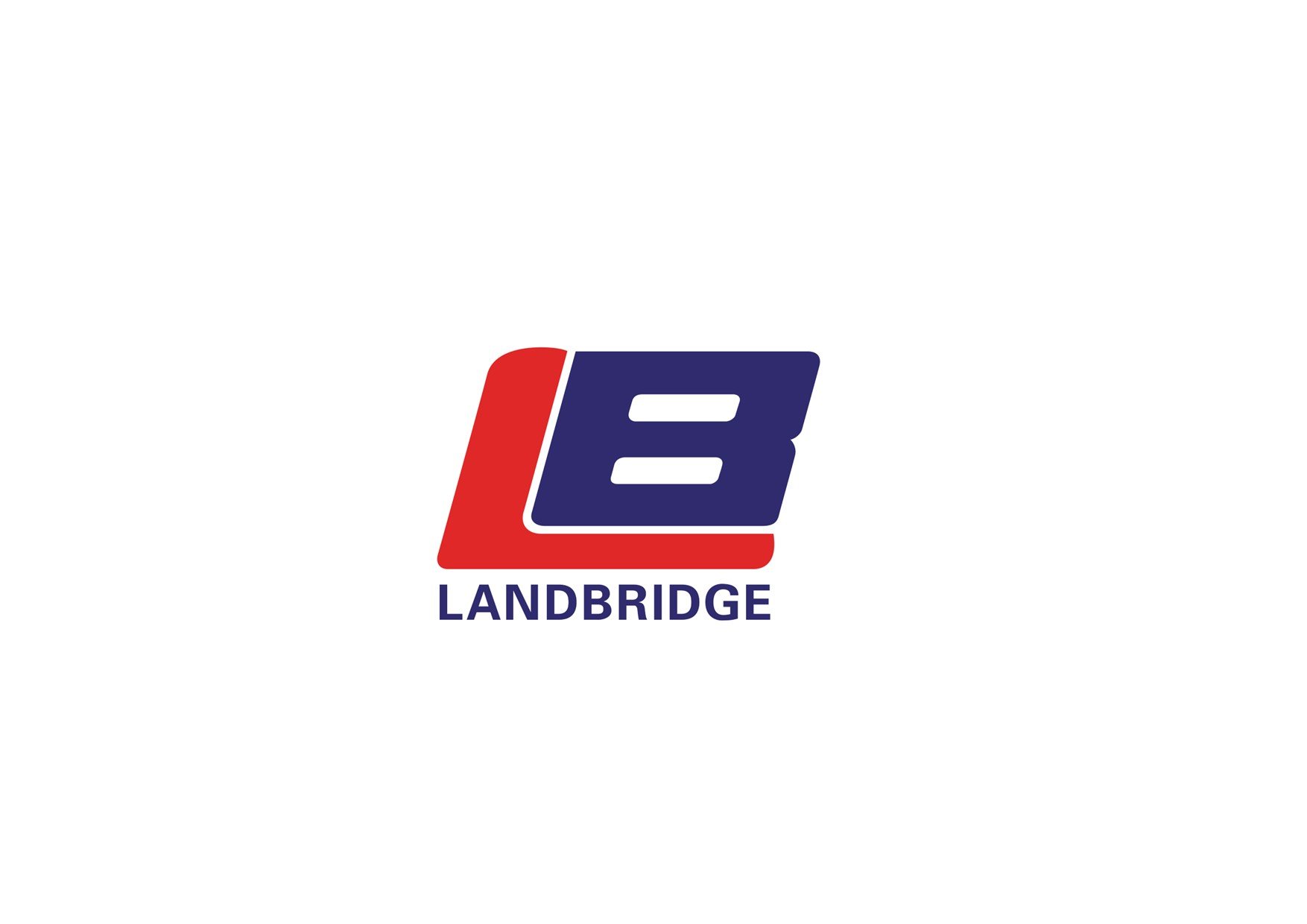Company Directory - MSC Group
Company Details - MSC Group
MSC Group
WebsiteMSC Group is a global leader in shipping and logistics, known for its large fleet of container vessels and terminal operations. The company plays a major role in global maritime transport and terminal management.
CCI Score
CCI Score: MSC Group
-28.66
0.13%
Latest Event
MSC Expands Global Port Control Through Major Acquisition Deal
MSC Group, via its Terminal Investment Limited, has significantly expanded its control over global port operations through a deal valued at $22.8 billion that spans 43 ports in 23 countries. This acquisition not only consolidates economic power but also raises concerns over the increasing influence of corporate interests in political discourse, as evidenced by references from political figures like Donald Trump.
Take Action
So what can you do? It's time to make tough choices. Where will you cast your vote?
- Shop Alternatives
SEE ALL - Use Your Voice
OTHER TOOLS - Investigate
- Share the Score
SUPPORT CCI
ACCOMPLICE
MSC Group is currently rated as an Accomplice.
Latest Events
- MAR042025
MSC Group, via its Terminal Investment Limited, has significantly expanded its control over global port operations through a deal valued at $22.8 billion that spans 43 ports in 23 countries. This acquisition not only consolidates economic power but also raises concerns over the increasing influence of corporate interests in political discourse, as evidenced by references from political figures like Donald Trump.
-40
Public and Political Behavior
March 27
MSC’s expansion through this acquisition reflects an increase in corporate power over critical global infrastructure. The deal is entangled with political narratives, including comments from U.S. leadership, which indicates that the company is playing a role in shaping political discourse in ways that may empower authoritarian practices.
-50
Economic and Structural Influence
March 27
The acquisition deal dramatically increases MSC Group’s economic and structural influence by consolidating control over a vast network of ports. This level of concentrated economic power facilitates a monopoly-like grip that can undermine democratic oversight and potentially foster environments conducive to authoritarian practices.
- DEC022024
MSC Group faces mounting criticism for poor end-of-life asset management, inadequate recycling policies, lack of transparency in auditing processes, and aggressive lobbying efforts aimed at securing favorable tax and labor regulations in Switzerland, raising concerns about its role in undermining ethical standards and bolstering authoritarian-friendly policies.
-50
Political Contributions and Lobbying Efforts
March 27
MSC's top management engaged in aggressive lobbying efforts directed at the Swiss Federal Tax Administration to introduce a highly favorable tonnage tax regime that could undercut labor rights and weaken regulatory oversight. This public and political behavior indicates an attempt to manipulate policy for corporate benefit, indirectly contributing to authoritarian practices.
-70
Business Practices and Ethical Responsibility
March 27
MSC’s recycling policy is heavily criticized for its reliance on the Hong Kong Convention, which fails to ban harmful practices like beaching and proper hazardous waste management. Coupled with a lack of transparency in auditing scrapping yards and raising labor rights concerns, these business practices undercut ethical responsibility and environmental sustainability.
- FEB052023
The article details how MSC Group, the world's largest shipping company, supports regulatory proposals in Switzerland aimed at harmonizing tonnage tax regimes. This support is seen as part of a broader strategy to leverage its economic dominance and influence political frameworks, which raises concerns from an anti‐fascist perspective regarding corporate influence and regulatory capture.
-50
Public and Political Behavior
March 27
MSC Group's public support for the Swiss proposal to harmonize tonnage tax regimes reflects a strategic effort to shape political and regulatory outcomes favorable to large shipping conglomerates. This maneuver, which prioritizes corporate interests over democratic accountability, contributes to an environment where economic power can distort public policy, aligning with authoritarian tendencies.
How Geneva shipping company MSC became the largest in the world - NZZ
-40
Economic and Structural Influence
March 27
MSC Group’s rapid expansion and its backing of regulatory adjustments, such as the tonnage tax harmonization in Switzerland, demonstrate a concerted effort to leverage its economic clout. This behavior, favoring structural advantages over equitable market practices, risks consolidating power in a manner that can undermine fair oversight and democratic processes.
How Geneva shipping company MSC became the largest in the world - NZZ
- SEP012020
MSC Group issued a detailed response to the Human Rights at Sea report, clarifying its role in fisheries certification and addressing concerns over labor practices, observer safety, and transparency. The response outlines measures taken following the tragic death of an observer and outlines commitments to improve worker protection and investigative processes.
+30
Labor Relations and Human Rights Practices
March 27
MSC's response demonstrates a measured effort to improve labor relations and human rights practices within its operational domain. By clarifying misconceptions regarding its certification procedures, suspending operations linked to reported incidents, and committing funds for observer safety and technology enhancements, MSC shows moderate progress in addressing labor safety concerns. However, the cautious tone and reliance on technical distinctions indicate that further proactive measures could strengthen its commitment.
- JAN012019
Recent investigative reports have highlighted serious concerns with MSC Group's seafood certification process. The MSC Seafood Standard, originally intended to promote sustainable fishing practices, has been criticized for its inadequate human rights oversight. Critics argue that its reliance on self-reported audits has allowed forced labor and unsafe working conditions to persist in certified supply chains, undermining its credibility as a tool for human rights protection.
-50
Labor Relations and Human Rights Practices
March 27
MSC has been criticized for its self-reporting audit process in its seafood certification, which fails to adequately protect labor rights. Independent investigations have found that MSC certified fisheries have significant issues with forced labor and poor treatment of workers, indicating a serious shortfall in MSC's commitment to uphold labor rights and human dignity.
Fishy business: what next after the MSC Seafood Standard says it’s not a human rights solution?
-50
Supply Chain Ethics
March 27
Multiple reports have exposed serious flaws in MSC's supply chain oversight. The self-reported nature of audits and lack of independent verification has contributed to a failure to detect and remedy forced labor practices within MSC certified seafood supply chains, calling into question the ethical integrity of the certification process.
Fishy business: what next after the MSC Seafood Standard says it’s not a human rights solution?
Alternatives

Corporation
-15.01

Corporation
-23.37

Corporation
-26.62

Vizhinjam, India
0.00
Geneva, Switzerland
-24.46

Corporation
-32.89

Corporation
-35.39

Gothenburg, Sweden
39.16

China
-28.50

Corporation
-37.93
Industries
- 488320
- Marine Cargo Handling
- 488330
- Navigational Services to Shipping
- 541614
- Process, Physical Distribution, and Logistics Consulting Services